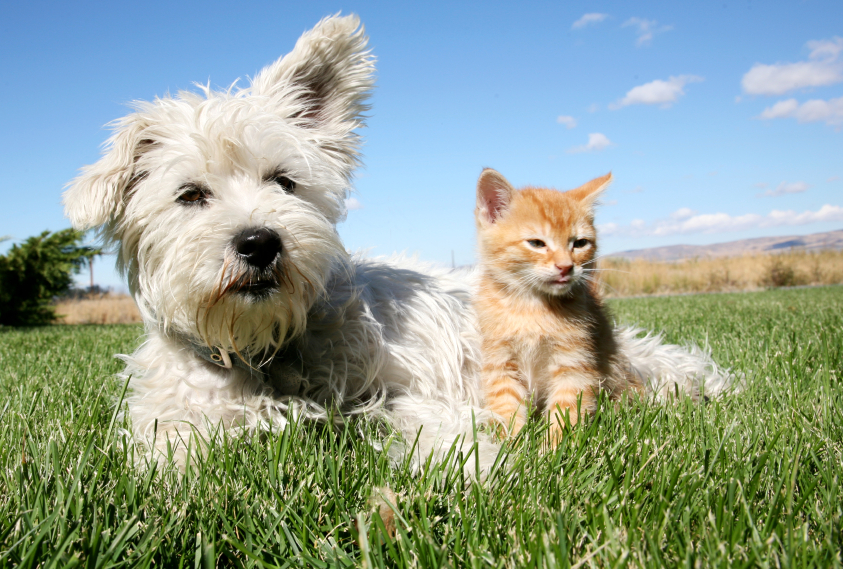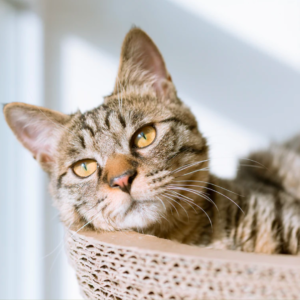Lots of people like to garden. Especially after a long, cold winter, being outside gardening is wonderful. No wonder our dogs enjoy it, too! Unfortunately, dogs (usually the young and silly), like to chew things that may not be good for them. And there are plenty of things to cause trouble in the garden.
Many plant bulbs are toxic to dogs as they usually have a more concentrated form of toxin than the plant’s leaves or flowers. With the ingestion of large quantities of bulbs, more severe symptoms such as an increased heart rate, changes in respiration, and difficulty breathing may be seen. In the case of plants such as narcissus, jonquils, and daffodils, one bulb can contain enough poison when eaten to kill an adult human.
Cocoa bean mulch is made from the spent hulls of processed cocoa beans. It is popular for use in gardens because it gives the garden a chocolatey smell and is a natural insect, as well as slug repellant. Depending on the processing method, varying levels of theobromine and caffeine may be left behind, sometimes in very large amounts. Depending in the amount ingested, vomiting, diarrhea, racing heart, tremors, and seizures could develop – just as can be seen with ingestion of chocolate. Other types of mulch can lead to intestinal blockage if entire pieces are swallowed.
In case you think you’re indoor cat is safe, think again. Members of the genus Lilium (Easter Lily, Tiger Lily, Asiatic hybrid lily, for example) are profoundly toxic to cats. These often show up in indoor flower arrangements around Easter because of their wonderful smell and dramatic flowers.
Cats that chew on the leaves or flowers will show signs of gastric upset like nausea, drooling, and vomiting within hours. If the cat does not receive treatment acute renal failure can develop within five days. If signs are noticed early and the cat is treated within six hours with gastrointestinal decontamination and intravenous fluids, most cats will recover. Treatment delay of more than eighteen hours will almost always lead to acute renal failure with mortality of 50-100%.
So enjoy the sunshine and being outdoors – but don’t forget to keep a watchful eye on your pet!




